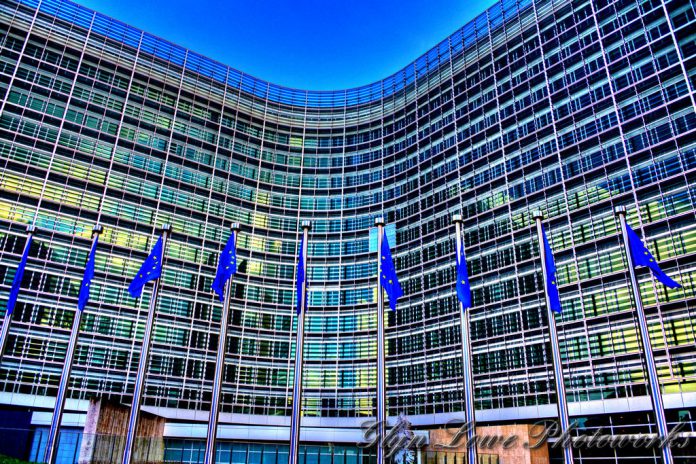Apple has unveiled plans for significant updates to its iOS operating system and App Store policies in a bid to comply with the European Union's Digital Markets Act (DMA). The updates aim to provide developers with extra app distribution options and payment systems while still trying to preserve user privacy and security. As mandated by the DMA, Apple will now permit the use of alternative app stores and payment methods on iOS devices across EU member states, a change that is set to take effect beginning March 2024.
Protection and Risks in a New Ecosystem
In light of these shifts, Apple introduces a “Notarization” process for all apps, ensuring a foundational review of security and privacy, no matter their origin of download. Furthermore, the company mandates that any alternative app stores obtain authorization and agree to consistent requirements with user protection at heart. While these measures are protective, Apple acknowledges the inherent increase in risks such as malware and fraud that come with the broader accessibility to apps outside of its official App Store. Following the implementation, iOS attributes like App Tracking Transparency and Family Sharing will be exclusive to apps downloaded directly from the App Store.
Apple indicates that with the new allowances in app sourcing, ensuring the same level of privacy and security that customers are accustomed to might pose a challenge. To assist developers in transitioning to this open environment, Apple is offering access to over 600 novel APIs to facilitate alternative distribution and payment functionalities.
Enhanced User Choice and Gatekeeper Designation
With the upcoming iOS 17.4 update, European users will encounter more flexibility in setting default web browsers on their devices. A prompt will appear upon the first launch of Safari, allowing users to select their preferred web browser. This update echoes the commission's move to encourage consumer choice and foster competition among service providers.
The European Commission has labeled several prominent technology firms, including Apple, Microsoft, Google, and Meta, as “gatekeepers” under the DMA. This classification triggers stricter regulations to prevent any potential anti-competitive practices. Coinciding with Apple's announcement, Google has also revealed modifications to its Android operating system, including new search and browser selection interfaces for European users. Additionally, Microsoft has updated its Windows 10/11, Bing, and Edge services to align with the DMA specifications.
The looming changes signify a substantial shift in how Apple operates within the European market, potentially setting a precedent for technology companies around the world in an increasingly regulated digital landscape.






